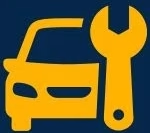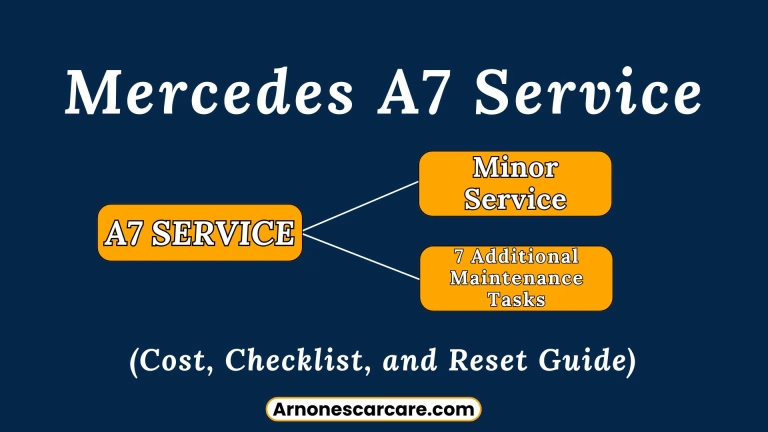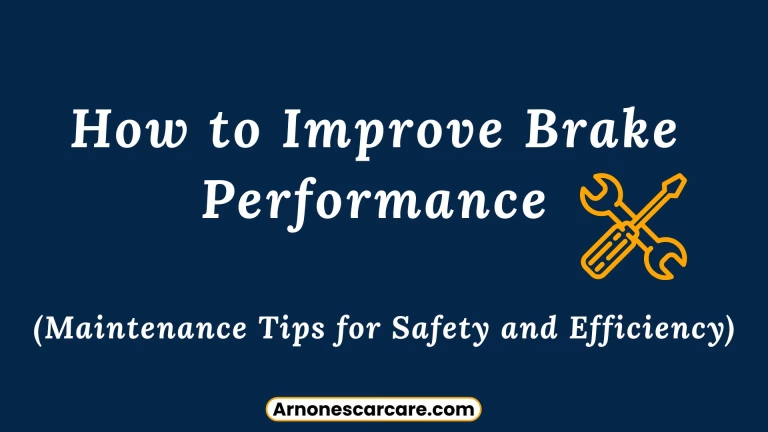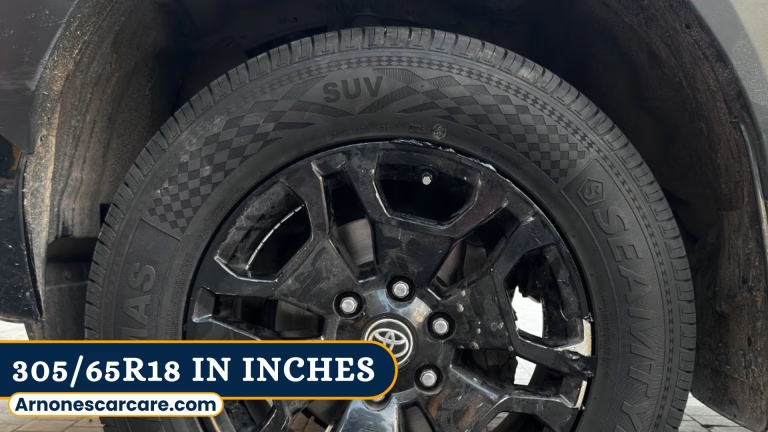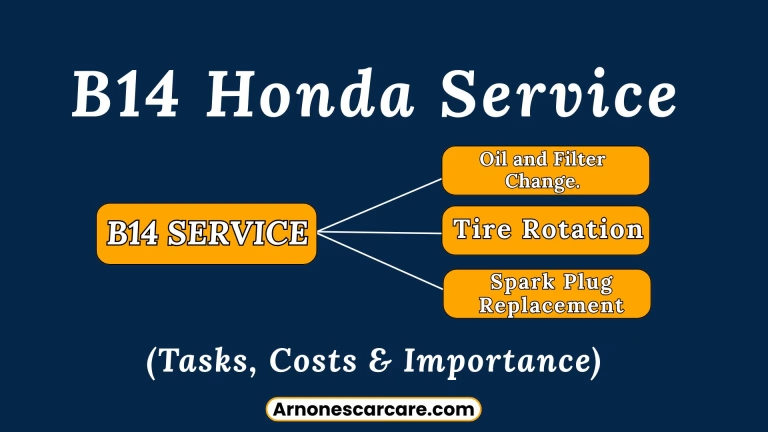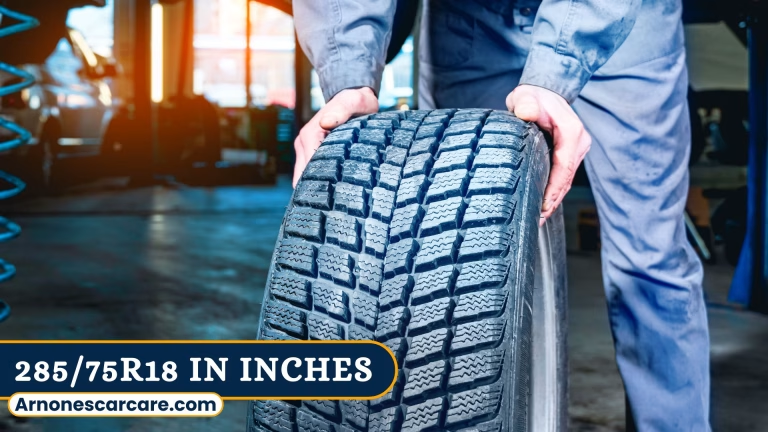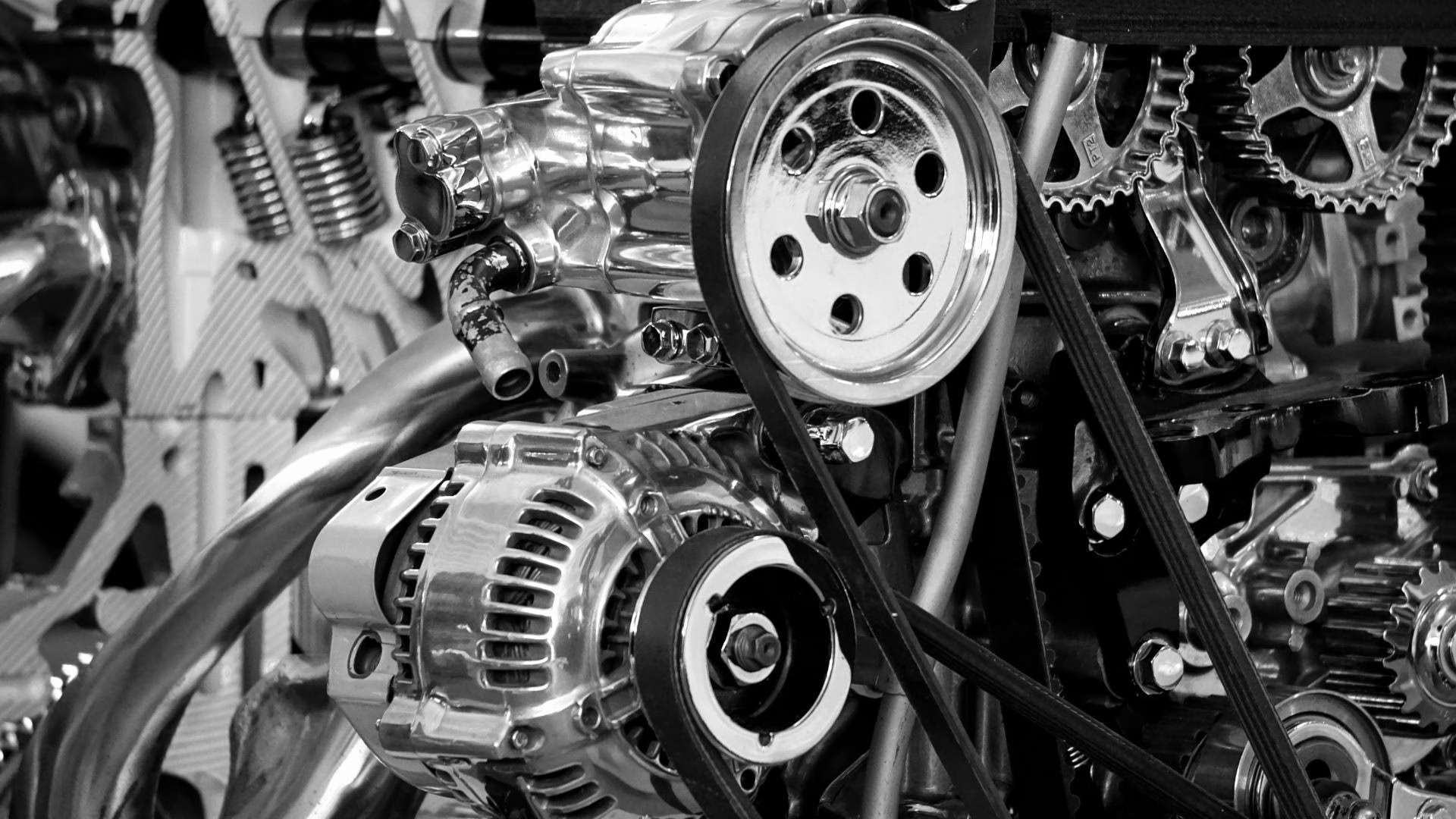
Engine knocking sounds is a serious issue that occurs when the combustion process in your engine is disrupted, resulting in a tapping or pinging sound. Common causes include using low-quality fuel, worn spark plugs, carbon buildup, low oil pressure, or faulty sensors. If left unaddressed, these issues can lead to costly repairs or even engine failure.
If you hear knocking, it’s important to act quickly. Regular maintenance and timely diagnostics can prevent minor problems from turning into major damage, saving you from expensive repairs in the long run.
What Is Engine Knocking Sound Meaning?
Engine knocking sound is a tapping, pinging, or thumping noise caused by disrupted combustion in the engine. This happens when the air-fuel mixture ignites unevenly, creating small explosions or causing metal parts to collide. It’s a sign your engine needs immediate attention.
What Does Engine Knocking Sound Like?
Engine knocking sound can manifest in different ways, from a sharp metallic ping to a deeper repetitive thump that increases as your engine’s RPMs rise. This noise usually occurs when the air-fuel mixture inside the engine ignites improperly, causing small explosions within the cylinders. The sound may also be a result of metal parts rubbing against each other, indicating an underlying issue with the engine’s internal components.
In some cases, engine knocking can also be linked to other problems like engine stalling or a dirty air filter. These issues can disrupt engine performance and worsen the knocking sound. If left unchecked, what seems like a minor noise can lead to serious engine damage, so it’s important to have it diagnosed and fixed as soon as you hear any unusual sounds coming from your engine.
6 Common Causes of Engine Knocking Sounds
Understanding what’s behind that knock can help you take quick action and potentially save your engine from costly repairs. Let’s look at the six most common causes of engine knocking sounds and what they might mean for your vehicle.
1. Low-Quality or Incorrect Fuel
Engines rely on the proper octane level to ensure smooth combustion. I’ve seen customers fill their tanks with regular unleaded gas when their car actually requires 91-octane premium. If the fuel doesn’t have the necessary resistance to ignition, you’ll hear knock, especially under acceleration. It’s not uncommon for this mistake to cost an engine its longevity.
🛠 Solution: Always verify your fuel octane requirements in your car’s manual. If you’ve already used the wrong fuel, try fuel additives to stabilize ignition.
2. Worn or Dirty Spark Plugs
Think of spark plugs as the matchsticks igniting the fuel-air mix. If they’re old, damaged, or incorrect for your engine, they’ll misfire, leading to knocking. One customer came in with a knocking 2015 Toyota Camry, and after a thorough check, we found the plugs were overdue by more than 20,000 miles!
🛠 Solution: Replace spark plugs based on manufacturer-recommended intervals, often every 30,000–50,000 miles. If in doubt, ask for an inspection.
3. Carbon Deposits in the Engine
Gasoline contains carbon, which builds up in the combustion chamber over time. Even with modern fuels designed to minimize residue, these deposits create hot spots in the chamber, forcing the air-fuel mix to ignite prematurely. I once worked on a customer’s SUV that suffered knock from decades of accumulated deposits.
🛠 Solution: A thorough engine cleaning service can solve this. We swear by proper fuel system cleaners that break down carbon deposits.
4. Low Oil Pressure or Wrong Grade of Oil
I can’t emphasize this enough—low oil pressure can destroy your engine. Internal components, like rod bearings, need lubrication to avoid metal-on-metal contact. When oil levels run low, the knocking starts, and soon after, the damage escalates. One customer’s sedan came in with knocking due to a $15 oil filter that had failed, draining most of the oil!
🛠 Solution: Regularly check and top off your oil. If you notice frequent oil loss, it could indicate a leak or internal consumption, requiring service.
5. Faulty Timing or Knock Sensors
Modern engines rely on computers to keep ignition perfectly timed. Should the timing be overly advanced, or if the knock sensor stops functioning, your engine may knock. Faulty knock sensors can’t adjust these issues, leading to combustion problems.
🛠 Solution: Both sensors and timing adjustments require professional equipment—we handle this efficiently at Arnone’s Car Care.
6. Worn Engine Bearings
Over time, even the best-engineered engines wear out. Bearings that support the crankshaft sometimes loosen, leading to the dreaded “rod knock”—a deeper knocking sound that usually points to extensive internal damage.
🛠 Solution: Address this immediately with a mechanic. Replacing bearings is far more cost-effective when caught early. If ignored, it could lead to engine rebuilds.
Is It Safe to Drive With a Knocking Engine?
The short answer? No. Driving with a knocking engine is like ignoring a fire alarm. It might be a minor issue at first, but it can escalate to catastrophic engine failure, even a complete breakdown, within weeks.
One rainy morning, I had a customer flatbed his vehicle to our shop after days of “ignoring” a light engine knock. By the time it arrived, the oil had burned off, and the pistons scored the cylinder walls beyond repair. The initial $200 repair turned into a $7,000 engine replacement. Don’t wait!
Preventing Engine Knocks
We all know prevention is better (and much cheaper) than cure. Here are my recommendations to keep engine knocks at bay:
- Stay on Top of Maintenance: Follow your car’s service schedule religiously. Oil changes, spark plug replacements, and fuel system cleaning are all non-negotiables.
- Use the Right Fuel and Fluids: Always check your owner’s manual for the recommended grade of gasoline and engine oil.
- Don’t Ignore Warning Signs: Got a check engine light? Knock? Rattle? Have it inspected without delay.
- Invest in Quality Parts: If replacing components like belts, pulleys, or bearings, choose OEM-quality parts to avoid repeat issues.
When to Call in the Experts?
Knocking sounds can have many sources, and accurate diagnosis is critical. At Arnone’s Car Care, we blend decades of hands-on experience with cutting-edge tools to unravel even the trickiest engine mysteries.
If you’re in Kansas City and hear an unusual noise under the hood, don’t gamble with the guesswork. Call us at (816) 471-8560 and schedule an appointment. Most engine knocks start with a small problem—we’re here to provide our services and ensure it doesn’t become a big one.
Drive safe, drive smooth, and always listen to your car.
